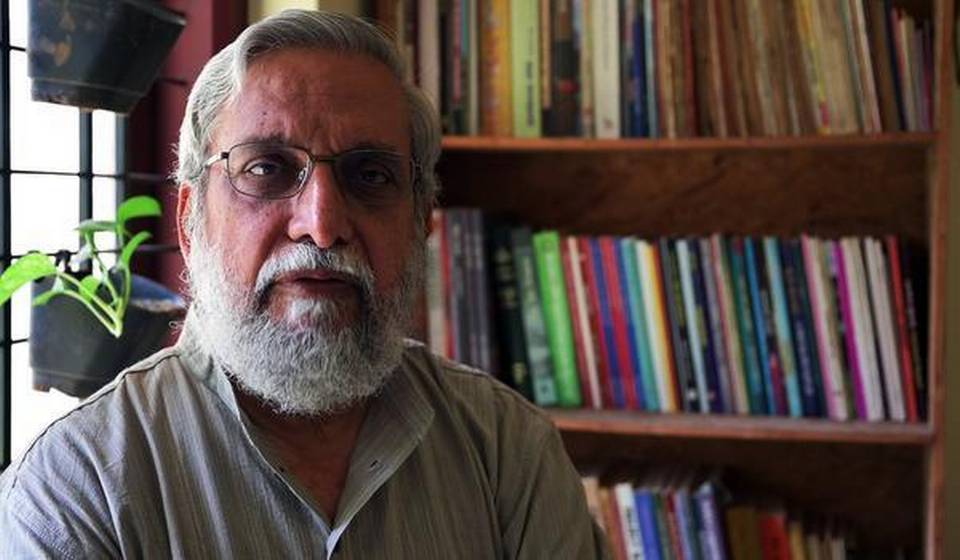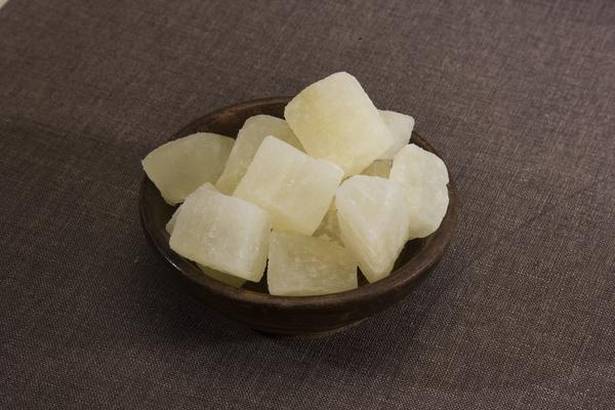Founder RV Raghavendra speaks of the exhaustive library, the 2,500 programmes in the last 25 years and the help extended to musicians during the lockdown
RV Raghavendra, founder of the Ananya Cultural Academy, which turns 25 today, (May 27) was disturbed by the plight of musicians and performers who had no means of earning a livelihood during the lockdown to contain the COVID-19 pandemic. Raghavendra organized financial assistance to deserving artists helping nearly 105 artistes throughout Karnataka. “We will be disbursing around ₹12 lakh to people connected with music, dance, folk arts and light music. We have distributed ₹7 lakh from March.”
The monetary help was possible through donations from Raghavendra, Ananya’s Arogyadhara Medical Help Scheme and through donations. “Just one announcement on Facebook garnered an unprecedented response from the music-loving public.”
Ananya is a self-funded, non-profit cultural organization. It was established in 1995 to propagate and nurture different art forms. Jnanpith Awardee Dr. UR Ananthamurthy was its founder-chairman. Since its inception, Ananya has been working in the fields of music, dance, literature and painting.
“Our activities are multi-dimensional. We organise music, dance and visual art (Ananya Drishya) shows. We have individual performances, festivals, lec-dems, workshops, thematic programmes and interactive sessions. We have a well-defined space for young and upcoming artistes. With artist SG Vasudev as the present chairman, we look back at over 2,500 programmes in the last 25 years.”
After a Masters in Geology from University of Mysore in 1973, Raghavendra obtained PhD in Geo-Chemistry from IISC in Bengaluru. He established Geological and Metallurgical Laboratories (GML), an industrial test house for various industrial materials, in 1980. “The profits from the business helped me run Ananya all these years.”
Born in 1952 in Chitradurga to RN Viprakallachar and Susheela Bai, Raghavendra says though he does not come from a musical background, his mother’s informal renderings of devotional songs at home did have a strong bearing on his personality. “After moving to Mysore for my Post Graduation, I started attending concerts. Coming to Bangalore only increased my craving for all genres of music and dance. I soon became a member of every possible music club in the city.”
Ananya has been publishing Ananya Kalasinchana, a music magazine in English for 23 years. The magazine is now available for free online. “My wife, Pramila Bai, a former professor in the Mechanical Engineering Department at IISc, helps me run the magazine. We have articles on music, dance, literature and interviews. We have a 7,000-strong subscription base.”
Raghavendra has over the years collected books, audio-clips and photos of classical musicians. To make the collection accessible to the public he started Ananya Sangraha, a reference library, in West Park Road, Malleswaram. “People who attended our concerts at Ananya auditorium in Malleswaram were encouraged to make use of the material at Ananya Sangraha.”
The collection includes nearly 15,000 hours of live programmes and rare recordings by yesteryear and present day artistes. “I started collecting music three decades ago. Audio recordings such as composer Mysore Vasudevachar’s vocal rendering of kritis, Mysore composers’ Javalis, pieces by Mallikarjun Mansur, Violin Chowdiah, Veena Doreswamy Iyengar, Rudrapatnam RK Srikantan, Alathur Brothers, Semmangudi Srinivasa Iyer, Lalgudi and MSG amongst others are part of the collection. We have digitised almost 6,000 hours of music as of now. Music from South Asian countries including Bangladesh, Sri Lanka, Pakistan and Nepal in several dialects are part of the collection, which has music in nearly 25 languages.”
Ananya Sangraha also has a vast collection of books — nearly 10,000 titles including rare ones such as a Kannada translation of Subbarama Dikshitar’s Sangeeta Sampradaya Pradarshini by Anandarama Udupa and edited by SK Ramachandra Rao. “This is one of Dikshitar’s greatest works. Practicing musicians, theorists, editors and publishers have continuously drawn inspiration from it. We are lucky to have this monumental work in translation.” Ananya also has the work of nearly 50 composers, books on instrument playing techniques and sahitya (lyrics) ideologies.
source: http://www.thehindu.com / The Hindu / Home> Entertainment> Art / by Ranjani Govind / May 27th, 2020








